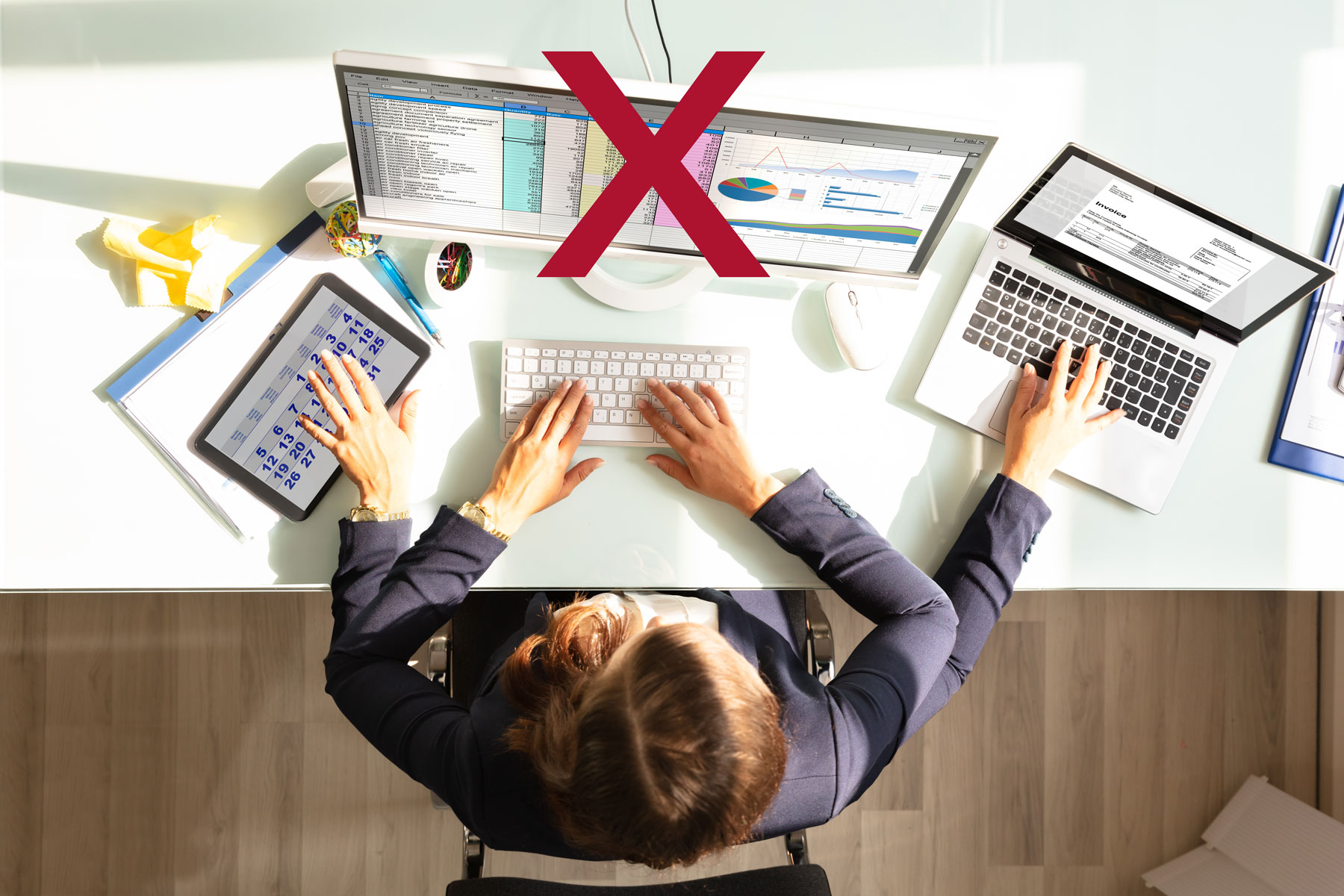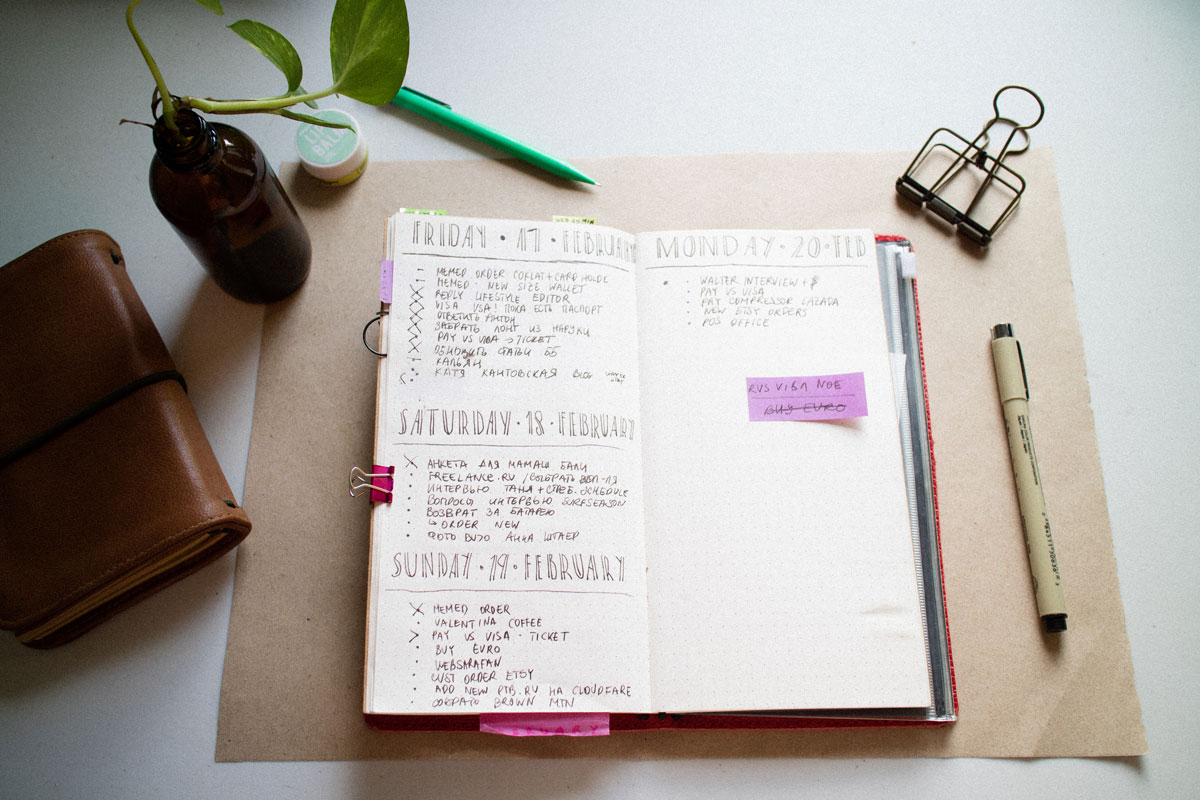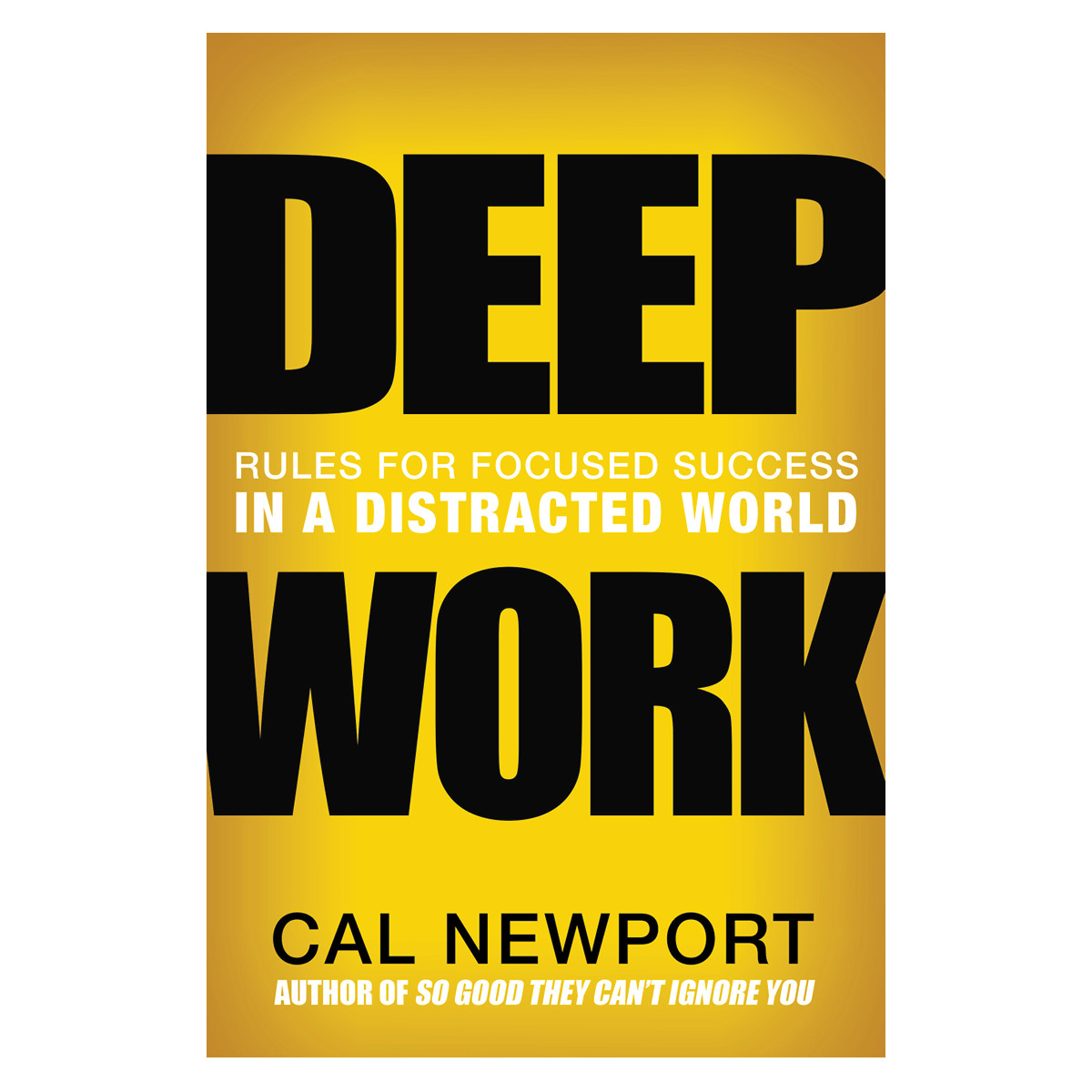Productivity
Ahh, productivity. It has been the goal of businesses since the era of industrialization and specialization, so I wanted to spend a little time going over some tips on how to increase your productivity, work more effectively, and maintain your sanity!
Knock out the hard stuff first
Have you heard of decision fatigue? The concept is that the more decisions you make in a day, the more “fatigued” your brain gets and the harder it will be to make the decisions. This is supposedly why Steve Jobs always wore all black. What to wear became one less decision he had to make. From this logic, I think it is always best to prioritize your hardest tasks for the beginning of the day. Your brain will be fresh, you’ll be ready to study, read, or make that tough decision, and then you can coast along with your easier tasks for the rest of the day.
Don’t try to multi-task
If your employer is still glorifying multi-tasking, run the other way. Study after study has shown (links to several great studies in this article that the human brain actually isn’t capable of multi-tasking. What it is really doing is jumping between tasks, which takes time for your brain to do effectively, increases the chance for error, and can be downright exhausting and stressful!

Batch your work
The most effective way that I have found to not get pulled in multiple directions at the same time is to intentionally plan out your work. Assess how much time each task is going to take (and then probably add a little), try to prioritize which needs to get done first, then block out time on your calendar. Focus on one task at a time, cross it off the list, and feel accomplished! We do this at ID8 by identifying each Monday what our “big three” are for the week. These are the three tasks that we need to accomplish to have a successful week, which helps us focus our efforts and accomplish everything we need to together.
Turn off the distractions
Plenty of temptations exist in our hyper-connected world that can pull us away from the task at hand and thrust us into multi-tasking. Between phone push notifications, email pop ups and instant messaging, we can barely get a moment of peace. If you have something important to do, something that needs your full attention, try leaving your phone in the other room and don’t open your email/instant messaging right away. (it can be great to wait to open your email until after your hard tasks are done first, like I talked about earlier) “But my friends/family/coworkers need to be able to reach me!” you might say. Do they? How many emergency messages have you received; things that couldn’t wait another hour or two? Very few, I’m sure. Usually, as long as people know when they can expect to get ahold of you, they generally will respect your boundaries. Try blocking off some “do not disturb” time on your calendar that your coworkers can see or add into your email signature that you only check your email twice a day, at 10am and 4pm. Experiment. See what happens.
Does your workspace have a door? In our office Angie turns off distractions by closing her office door. If the door is closed, it signals one of two things to our team: 1. she's meeting with a client, or 2. she needs focused time to crank out some work. This helps our team know to respect her time and keep questions for later. If you don't have a door, another way to turn off distractions is by "plugging in". You'll rarely walk into our office without seeing ear buds in Taylor's or Rachelle's ears, when they need to block distractions they listen to music. This is your personal preference though, some people get distracted by listening to music.
Walk away
My last piece of advice is something that may seem counter intuitive but through personal experience, I can attest that this works almost 100% of the time. There have been many times when I was trying to solve a problem, have wracked my brain, tried everything that I could think of and I still couldn’t come up with a solution. Don’t keep slamming your head on the table. Walk away. Do something else, and if that something else can be a form of exercise, preferably outside, even better! Trust me, your brain is still working on the problem long after you stop actively thinking about it, and it is amazing what it can come up with all on its own.
Further reading
If learning about productivity interests you and you want to learn more, I’d highly recommend the books Deep Work by Cal Newport and The ONE Thing by Gary Keller and Jay Papasan.


